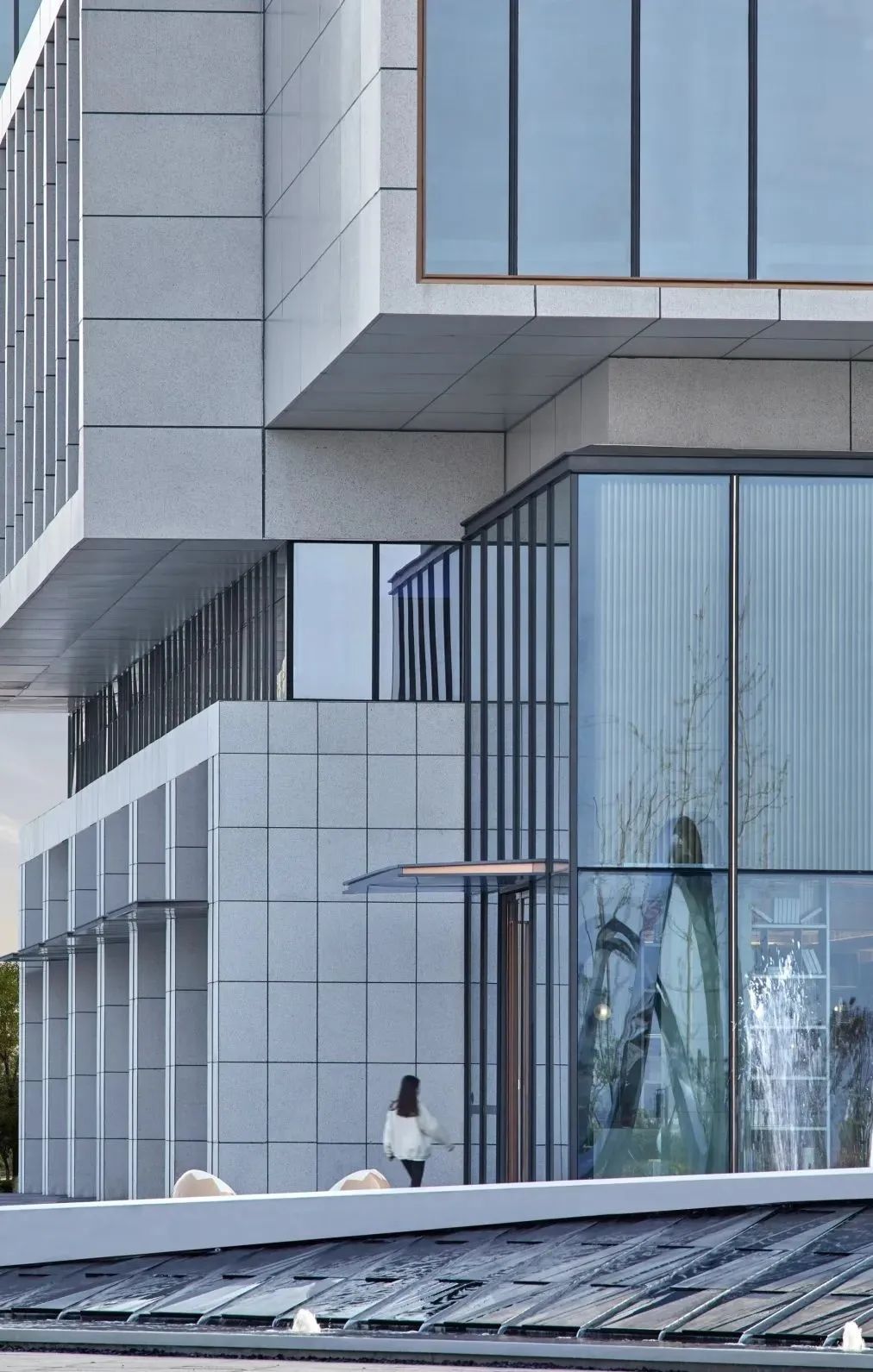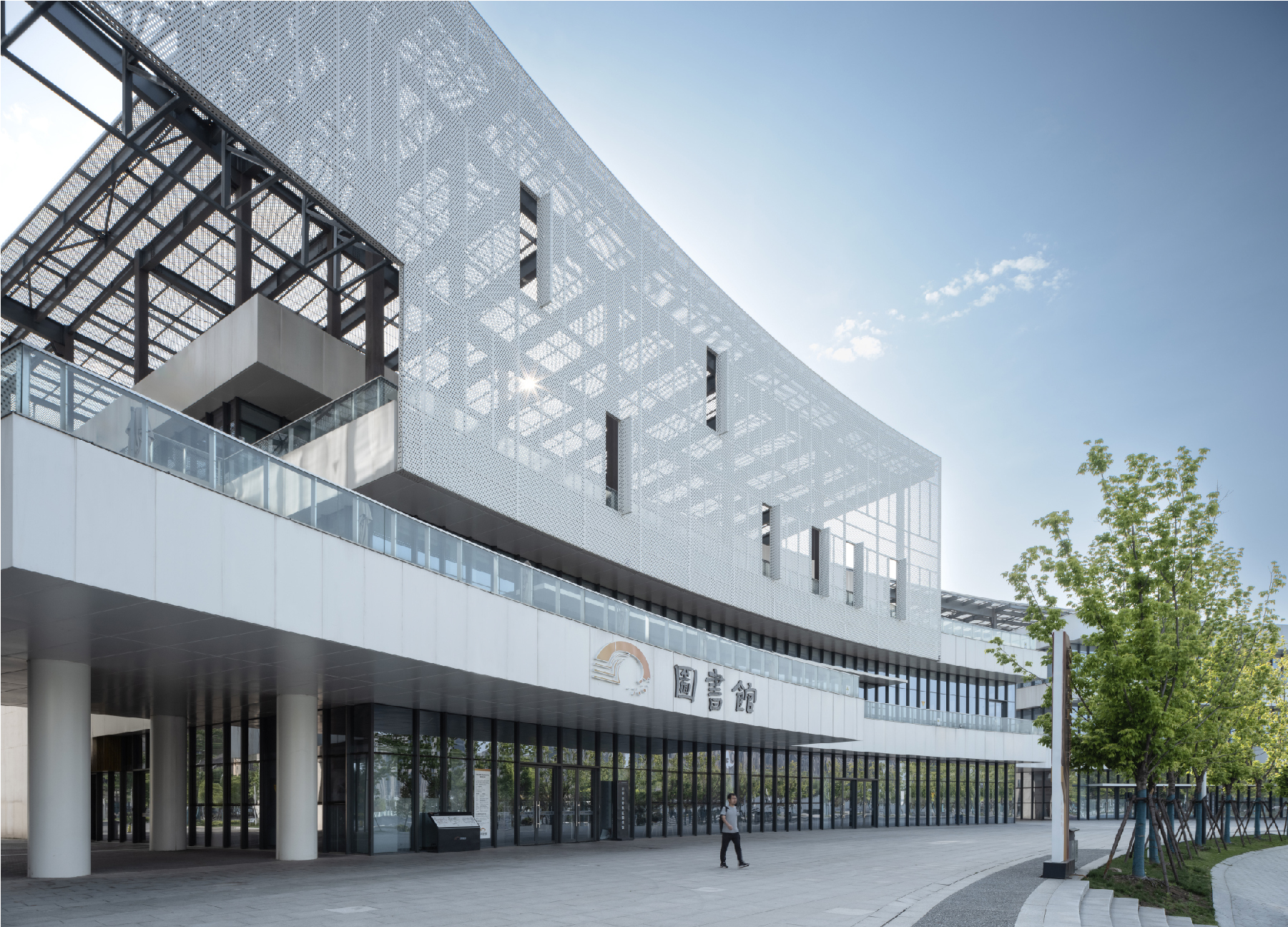

Modern commercial complexes demand façades that balance aesthetic appeal with functionality. Aluminum panels exterior have emerged as a leading material choice due to their lightweight properties, durability, and design versatility.
Durability: Aluminum panels resist corrosion, UV damage, and extreme weather conditions, ensuring long-lasting performance.
Lightweight: Compared to traditional masonry, aluminum panels reduce structural load, making them ideal for large-scale commercial façades.
Design Flexibility: Available in various finishes, textures, and colors, aluminum panels allow architects to create distinctive building identities.
Low Maintenance: Smooth surfaces are easy to clean, reducing long-term upkeep costs.
Energy Efficiency: Insulated aluminum panels can improve thermal performance and contribute to green building certifications.
Shopping Malls: Aluminum panels exterior enables dynamic façade designs that attract visitors while providing weather-resistant protection.
Office Towers: Sleek panel systems offer modern aesthetics and integrate easily with glass curtain walls for a sophisticated look.
Entertainment Centers: The panels’ versatility allows for bold architectural statements, including curved or perforated designs.

Installing aluminum panels exterior involves precise engineering to ensure alignment, weatherproofing, and structural integrity. Panels can be mounted on subframes or directly attached to curtain wall systems. Modern fabrication techniques allow for pre-cut, pre-finished panels that simplify on-site assembly and accelerate project timelines.
Color and Finish: Consider matte, glossy, metallic, or custom-painted surfaces for visual impact.
Panel Size and Pattern: Modular panels or bespoke shapes can enhance architectural expression.
Sustainability: Recyclable aluminum panels support LEED certifications and environmentally conscious design goals.
For modern commercial complexes, aluminum panels exterior represent a high-performance, visually striking, and sustainable façade solution. By combining durability, design versatility, and ease of maintenance, these panels redefine architectural possibilities while meeting the functional demands of urban construction projects.
